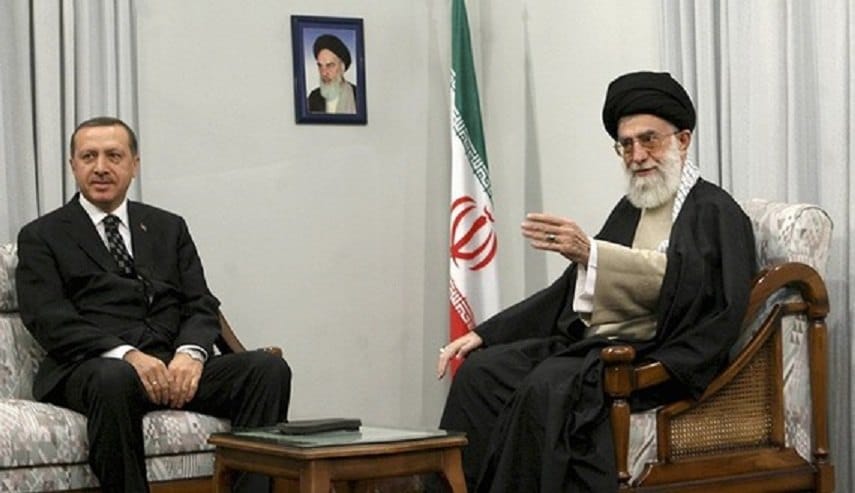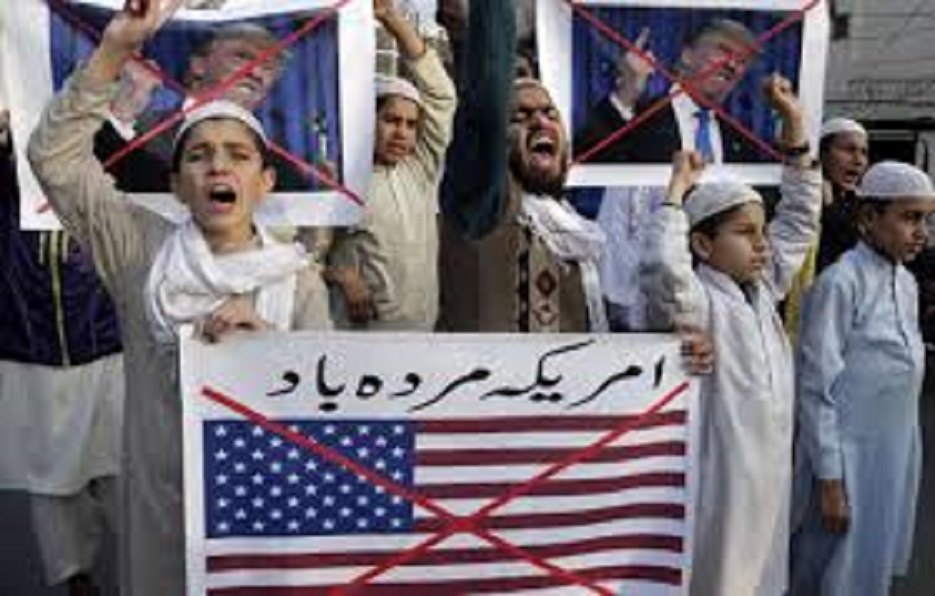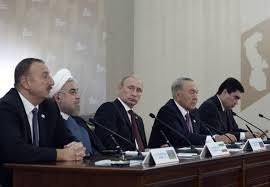Developments in Turkey and the Prospects for Relations with Iran

Jafar Haghpanah
Tensions between the Turkish Government and the opposition parties and forces, especially the Kurds, new foreign policy difficulties in dealing with the former European allies, deadlock in the Syrian crisis, and Ahmet Davutoglu resignation from its post as Prime Minister and its replacement by Ben Ali Yıldırım, are among the most important developments in Turkey during recent month.
Kurdish separatists have targeted one the vulnerably in the Turkey’s economy that is the booming tourism industry.
According to analysts, with the decrease of 5 million tourists during spring and summer, some 500 thousand people will lose their job.
Erdogan government’s response to the recent unrests – from third anniversary of protests in Gezi Park to the insecurities and explosions in different cities – was the exacerbation of physical encounter policy With the opposition and accusing them of receiving foreign support.
When Davutoglu, through adopting a soft approach, talked about the possibility of finding a peaceful solution to the bloody conflict in the Kurdish region, he immediately faced with a negative and harsh stance by the president.
Some experts believe that Davutoglu didn’t consider the insistence on the speeding up of changes in the Constitution as proper due to other internal and external problems and thought that the implementation of these structural changes needed enough time.
Ben Ali Yıldırım, the former Minister of Transport, is known as one of the successful directors in the fields of economy and public service that belongs to the party’s economic elite faction arising from the developing regions of central Anatolia.
With the selection of Yıldırım as a technocrat; as the Prime Minister of Turkey, one can expect traditional practice of politics in Turkey to be restored. A policy of moderation based on the logic of profit and loss and avoidance of extreme ideology.
At the beginning of his tenure, Yıldırım announced that following the remove of economic sanctions against Iran, Turkish Government, considering the economic complementarily nature of the two sides as well as the geographic advantages enjoyed by the two countries in their mutual relations, would expand its economic relations with this country in all its aspects, namely trade, tourism, energy and communications.
New Turkish Prime Minister stressed on the importance of relations with Iran and considered the expansion of comprehensive relations between the two countries as one of the important programs of his administration.
With regard to the injection of Anatolian capital to the Iranian economy it should be said that some of the companies receive the support of Government due to their close relations with the Justice and Development Party (AKP) as well as Erdogan. Due to this fact, the Iranian parties can feel comfortable to a great extent on the future of cooperation with these companies.
Now Turkey doesn’t have any ally in the Syrian crisis except Saudi Arabia and Qatar.
Turkey still prefers to maintain friendly relations with the KRG and to support the Iraqi Sunnis instead of improving its relations with the central Government in Baghdad.
۱۲ deputies of the parliament of Germany with Turkish origin who voted in favor of the Armenian genocide by the Ottoman Empire, caused Ankara’s anger and dissatisfaction from Berlin.





